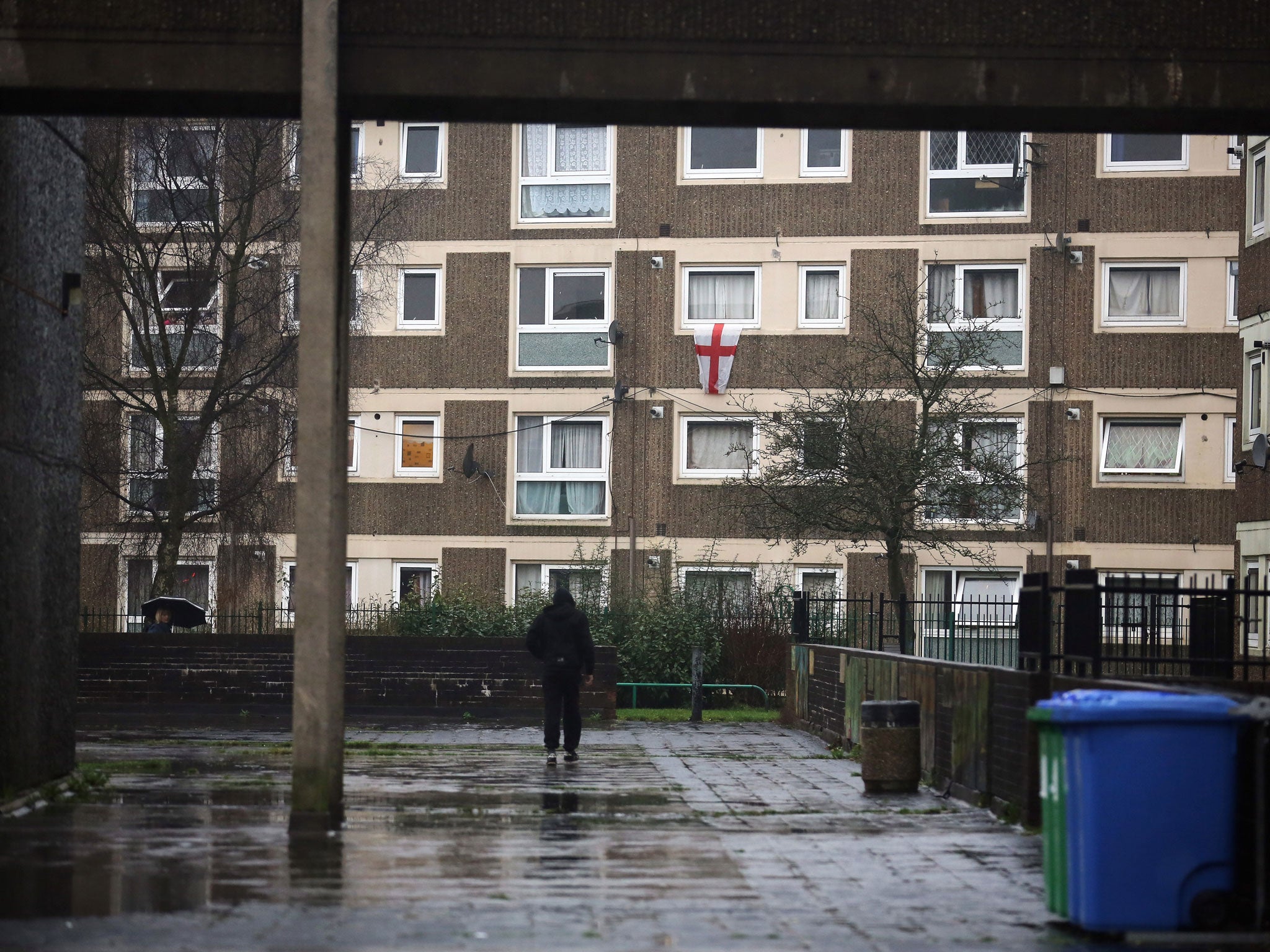Rich will live fuller lives for up to 20 years longer than the poor, official study shows
Figures highlight huge divide in quality of life between children growing up in the richest and poorest areas of England and Wales

Children growing up in the richest areas of Britain can expect not only live longer, but to enjoy a fuller, active and more healthy life for up to 20 years longer than those living in deprived areas, official figures have shown.
The Office for National Statistics (ONS) found a “large, persistent” health inequality gap remains in terms of life expectancy and health expectations of people growing up in the richest and poorest areas.
Those from affluent backgrounds are likely to enjoy good health for a much bigger proportion of their lives than those in the poorest areas.
According to the ONS, men living in the most deprived areas have an average life expectancy of 73.4 years, nine years less than men from the least deprived ten per cent of the population, who have an average life expectancy of 82.7 years.
Women are expected to live for 6.8 years less on average than females in the least deprived areas, who are also forecast to spend 16.9 per cent less of their life in good health.
A boy growing up the most statistically deprived area of Britain could only expect to live a full, healthy life until he is 52.1 years old, compared with a boy living in the least deprived area of England, who can look forward to 70.5 years of full health on average.
The so-called ‘Healthy Life Expectancy', which measured the amount of time people can normally expect to lead a healthy, full and active life for found the difference between the richest and the poorest to be up to 19.3 years.
The study split England and Wales into over 30,000 areas, which were then ranked by level of deprivation.
Deprivation was defined using a standard Government measure which looks at factors such as average income, crime and education and existing figures. These were used to calculate a local life expectancy.
The ONS said: “Inequality in health outcomes have been a concern for over 150 years since the early Medical Officer of Health reports (Wellcome Trust), with health outcomes generally worsening with greater socioeconomic disadvantage.
“Even though notable improvements across society in indicators such as life expectancy have occurred, a large, persistent health gap remains.”
Join our commenting forum
Join thought-provoking conversations, follow other Independent readers and see their replies
Comments
Bookmark popover
Removed from bookmarks